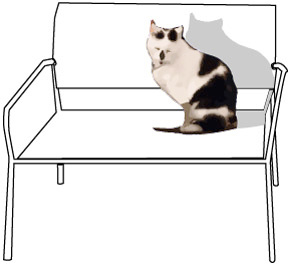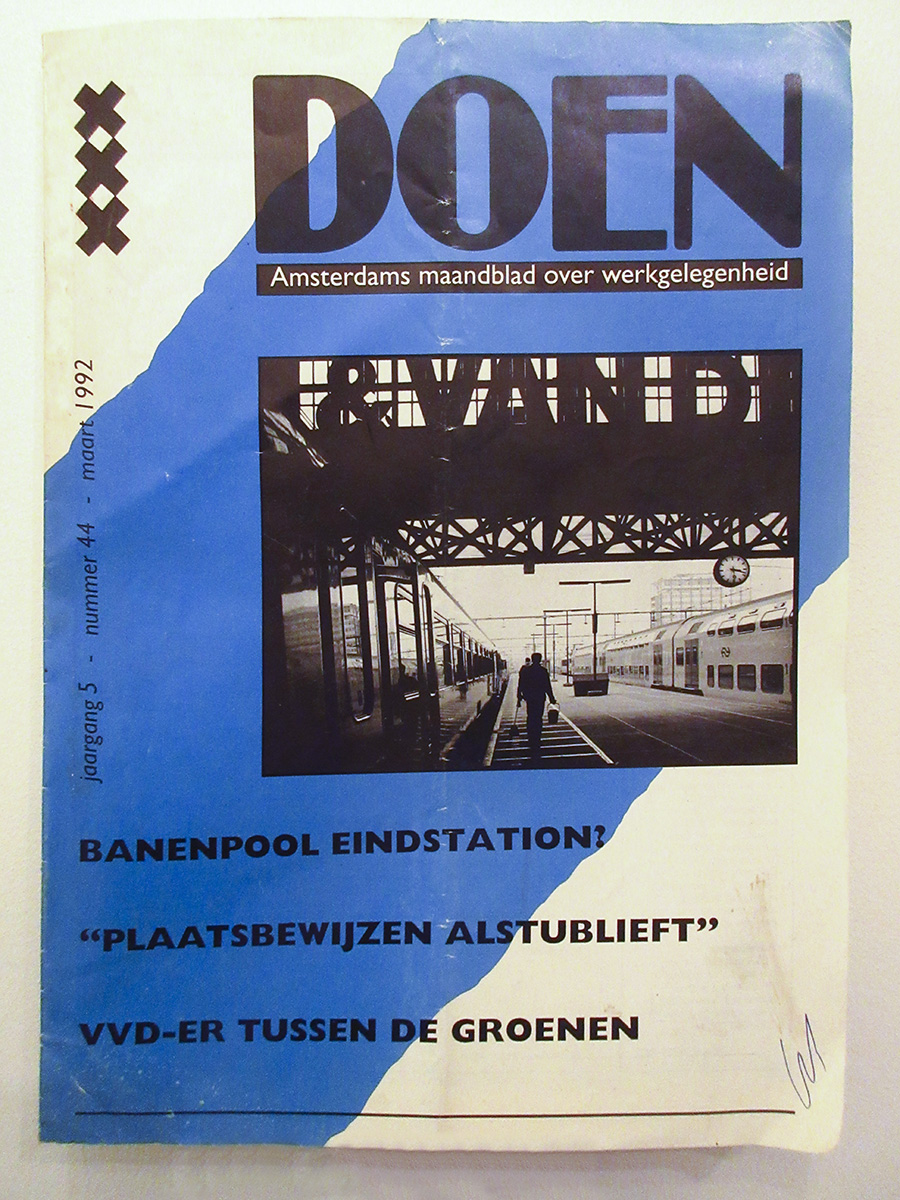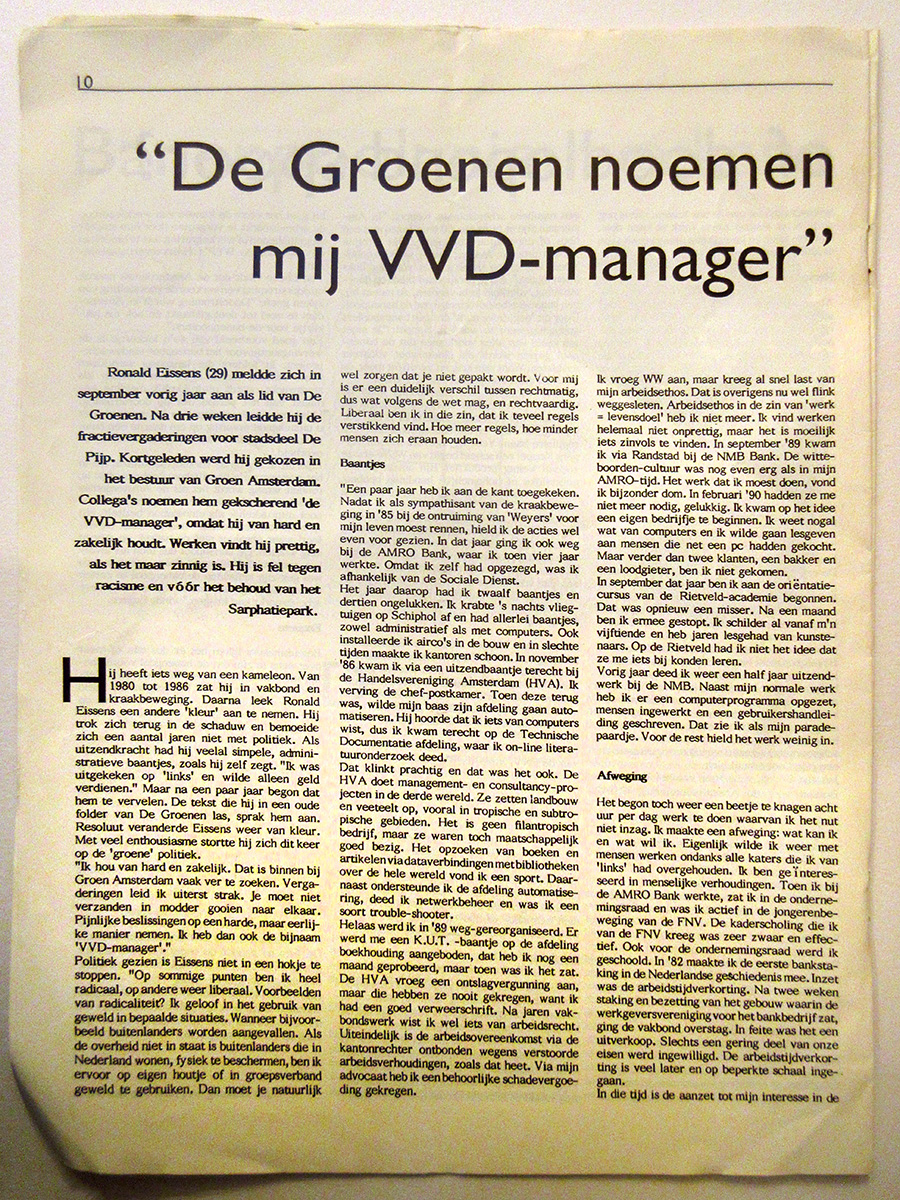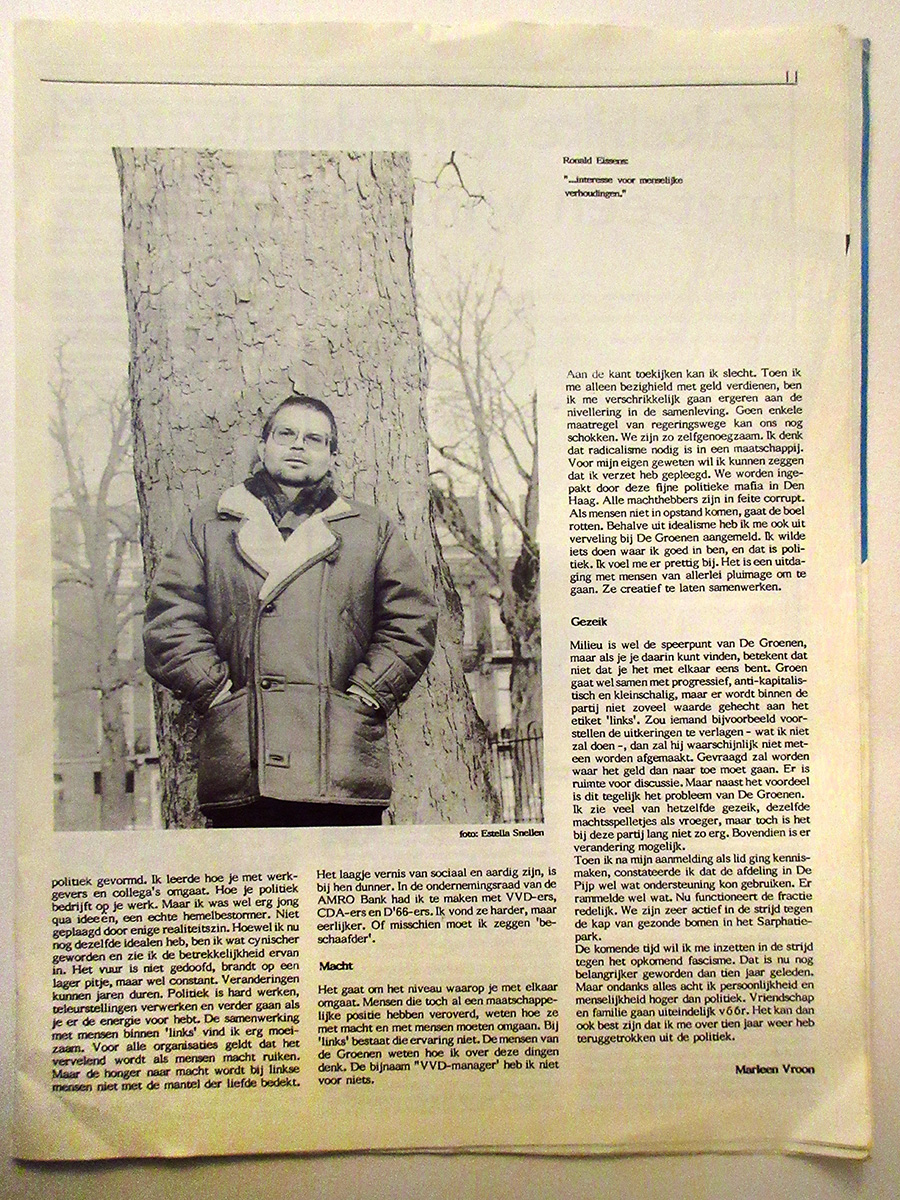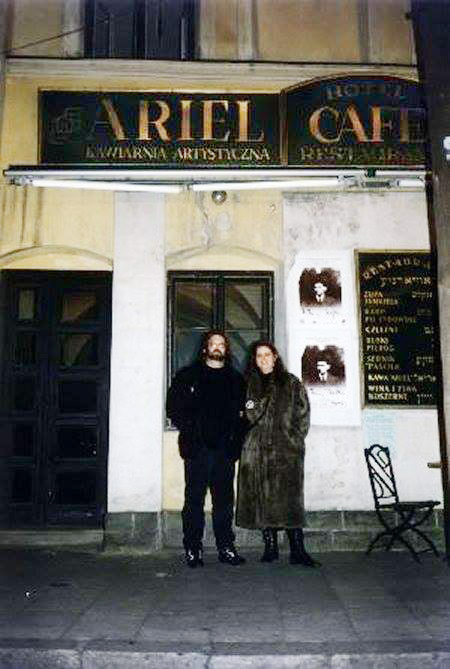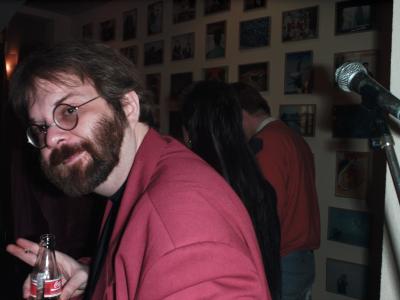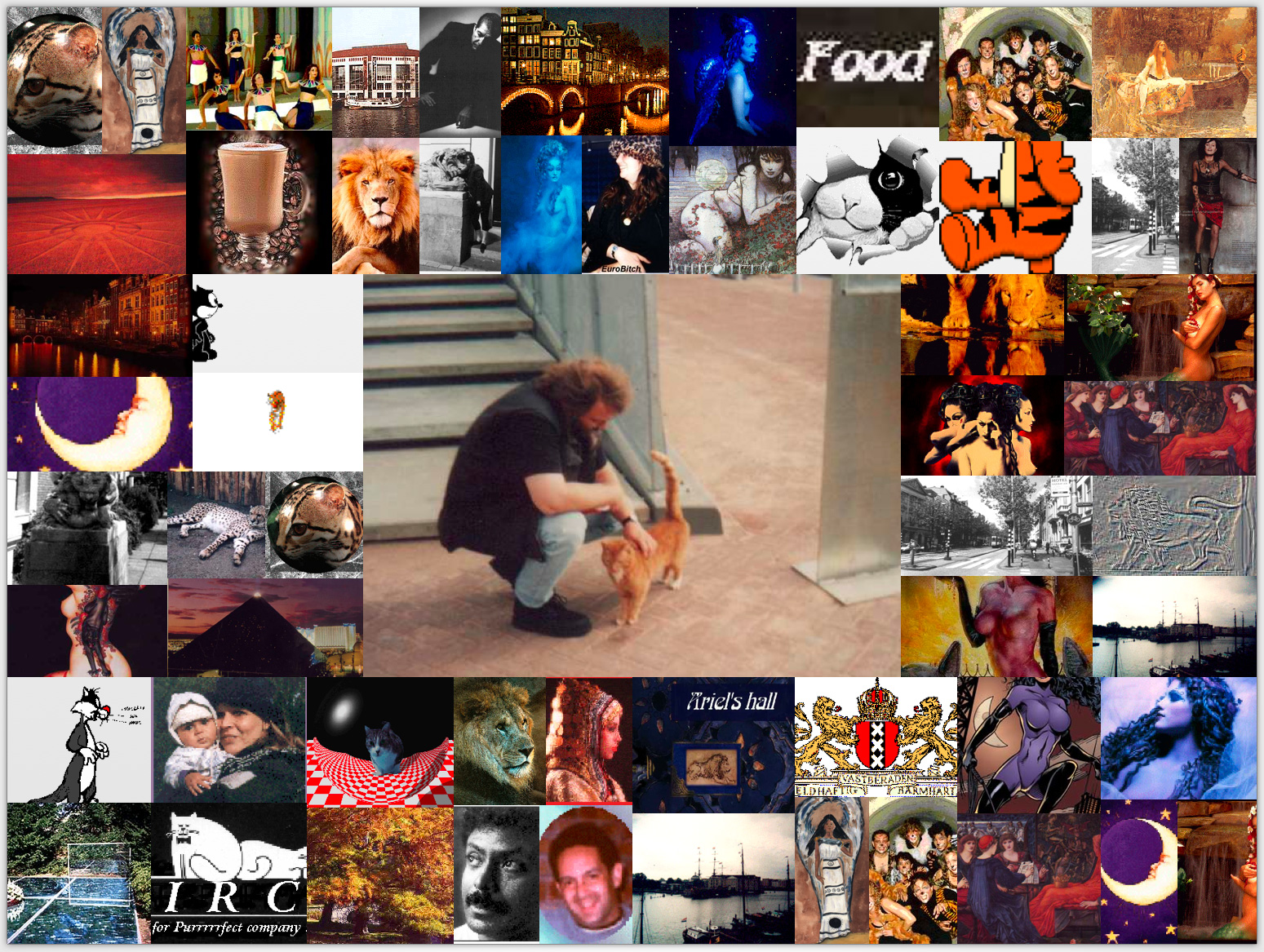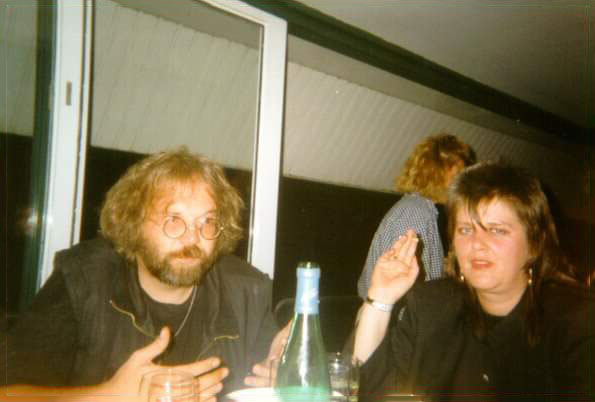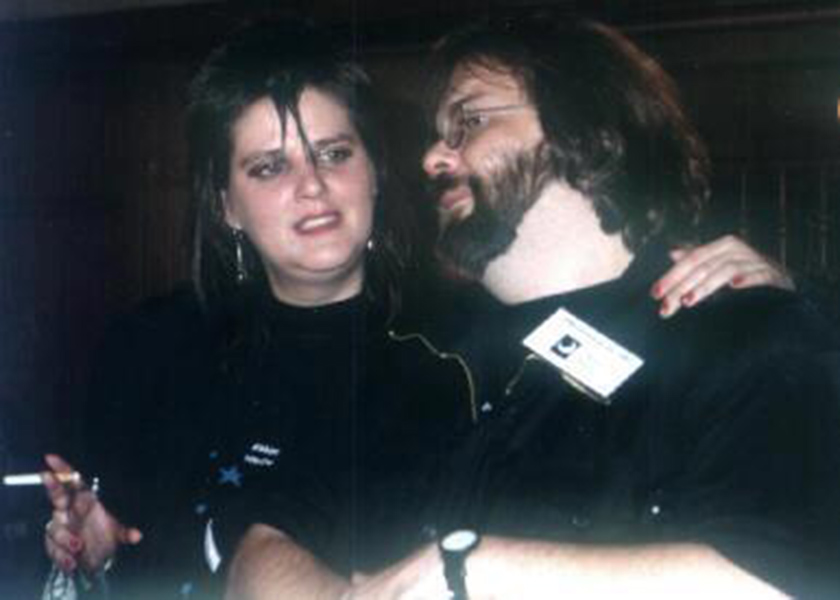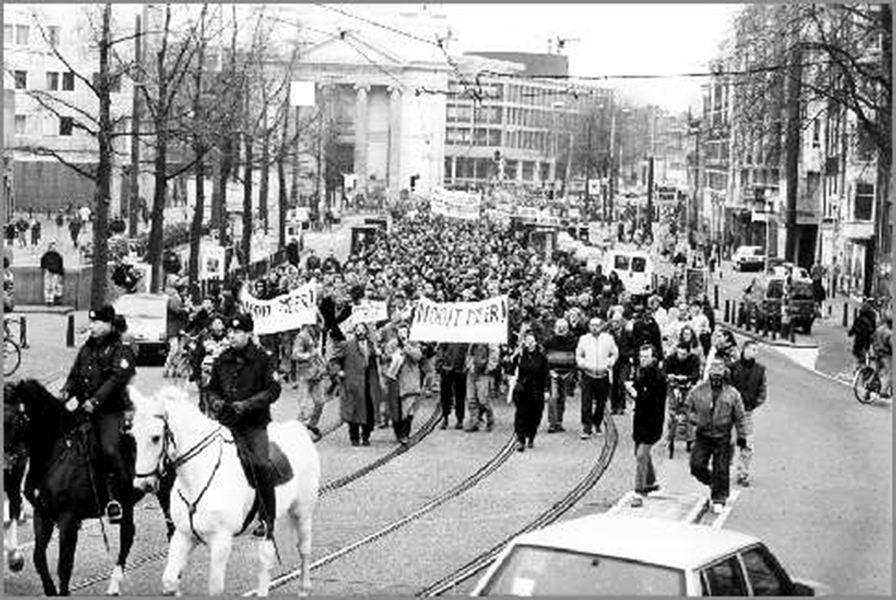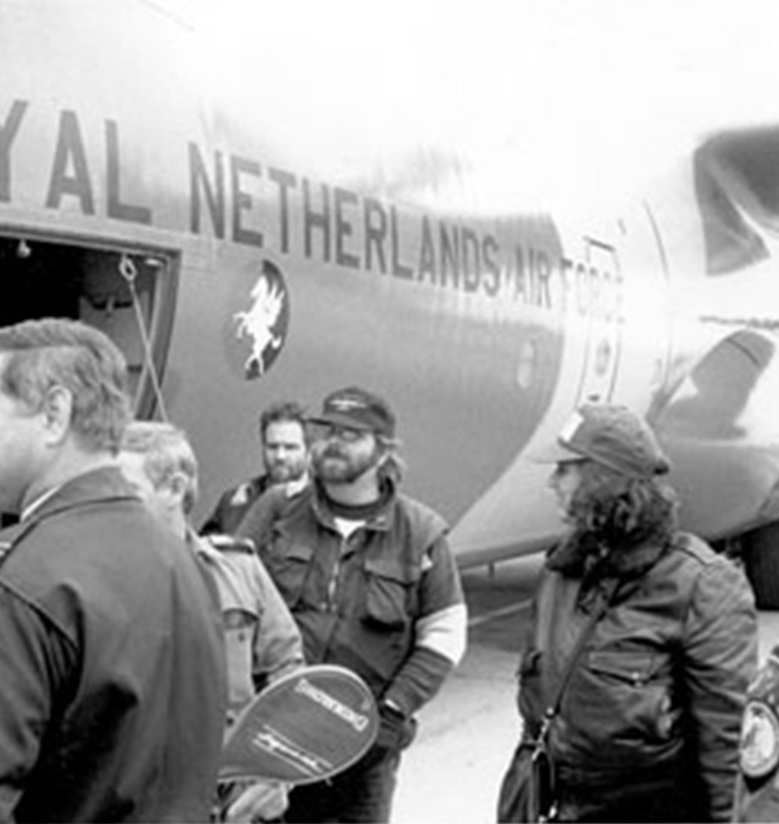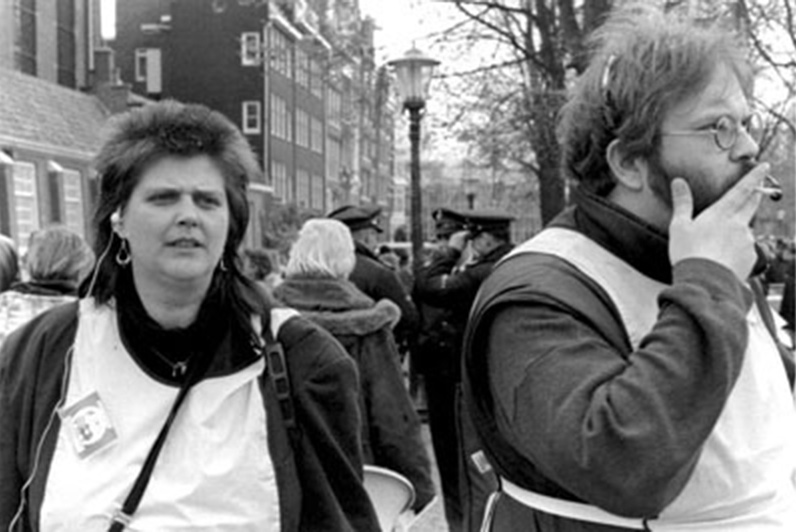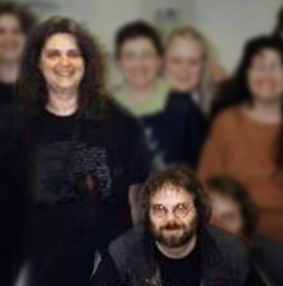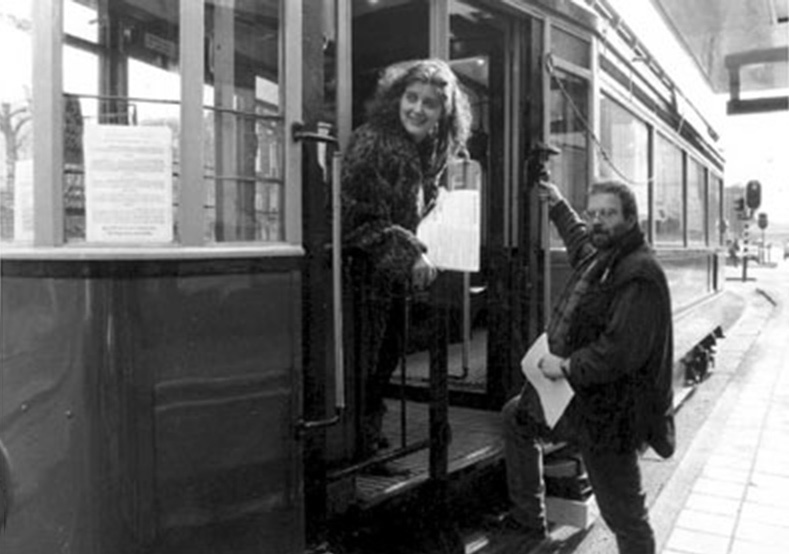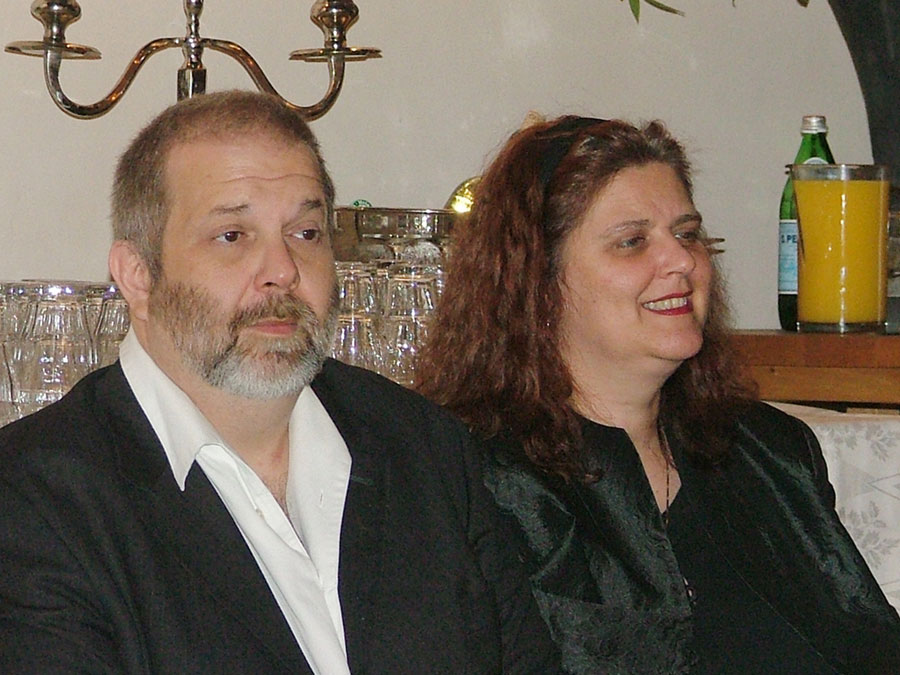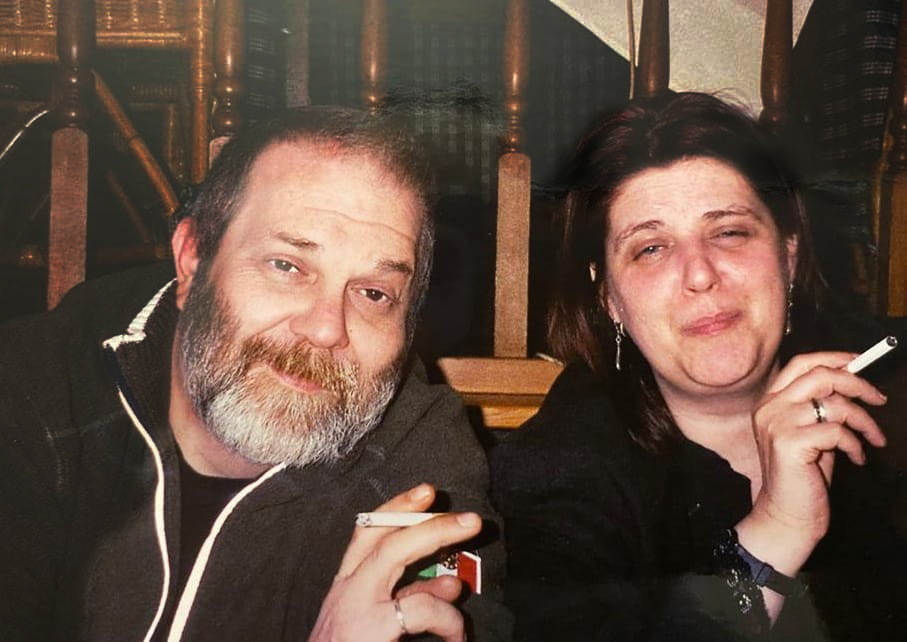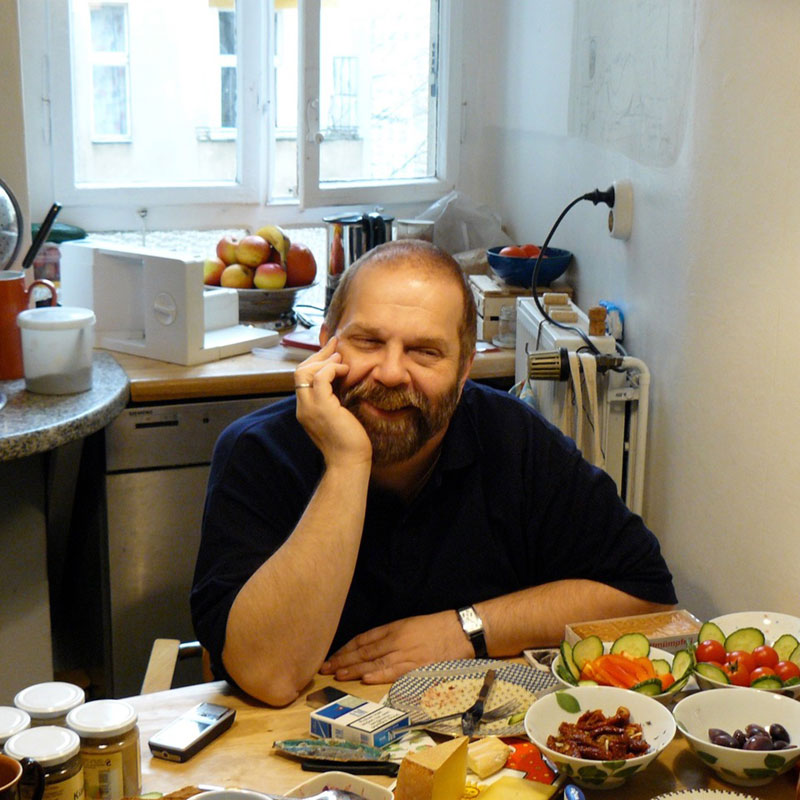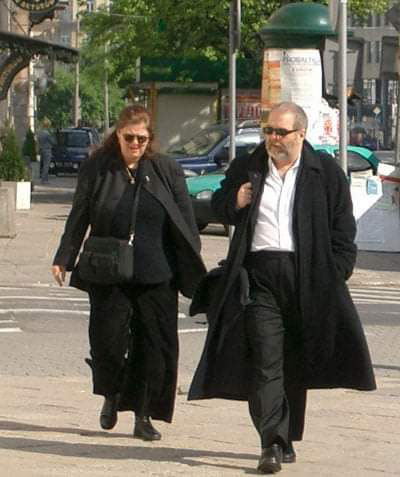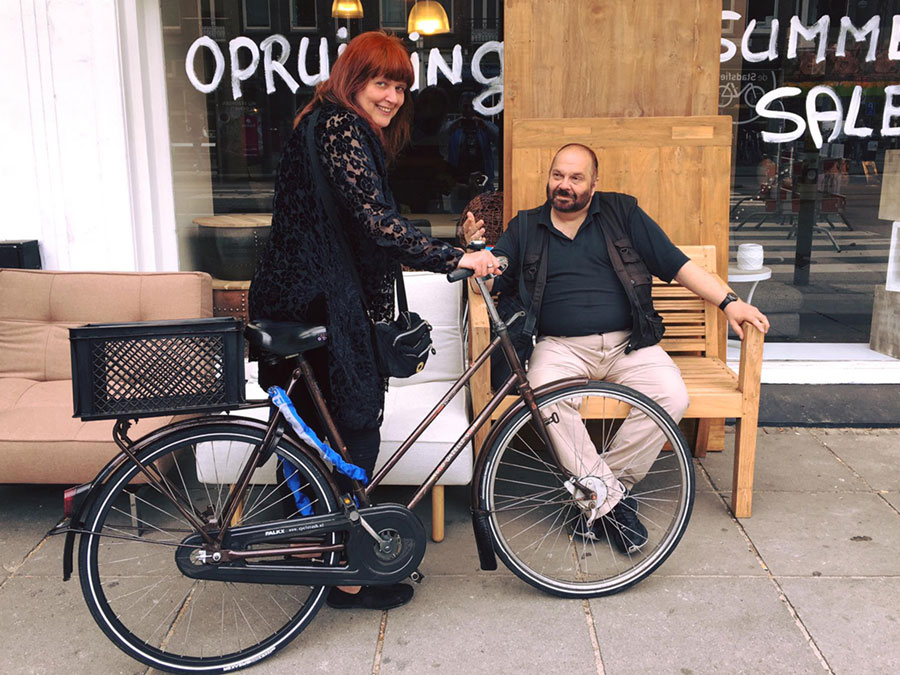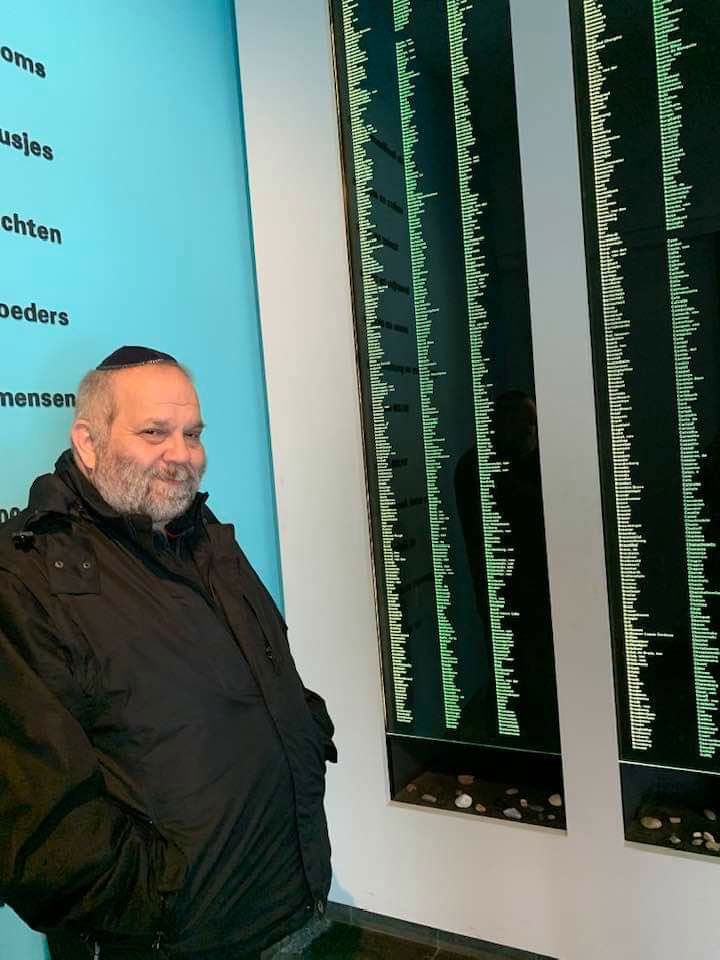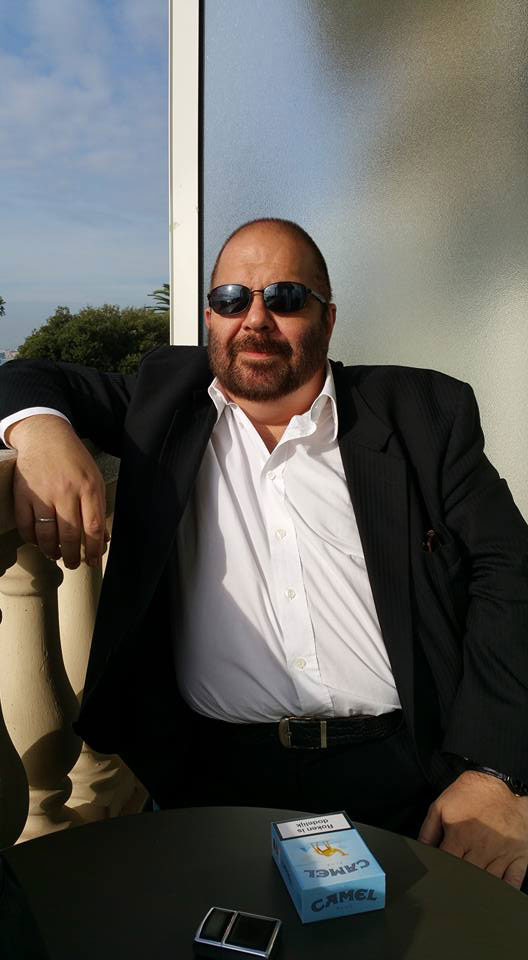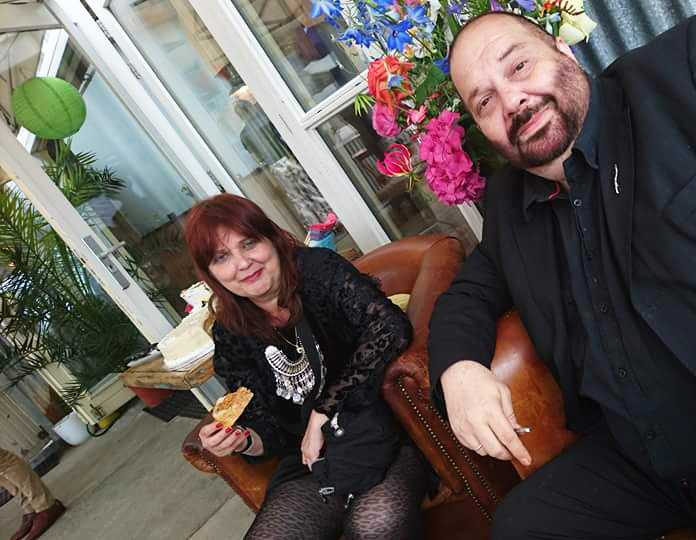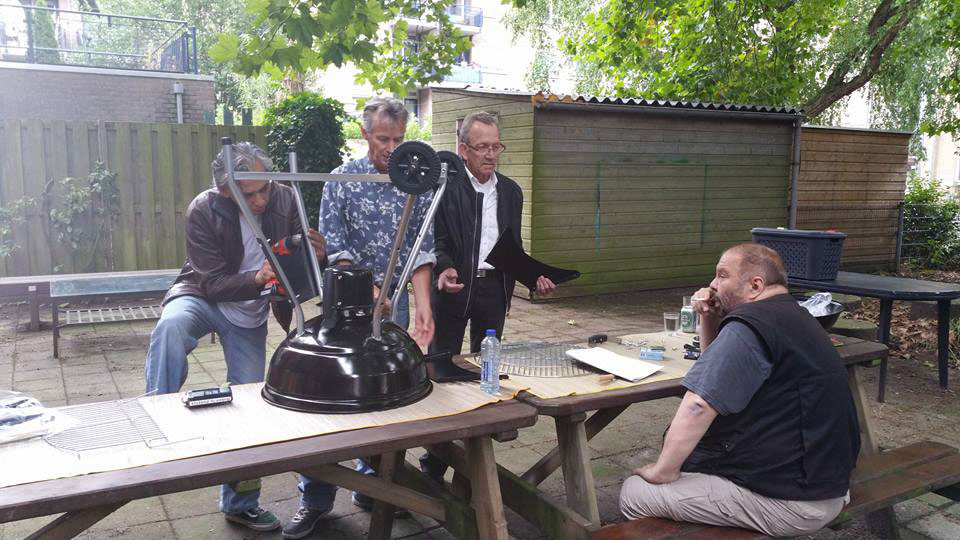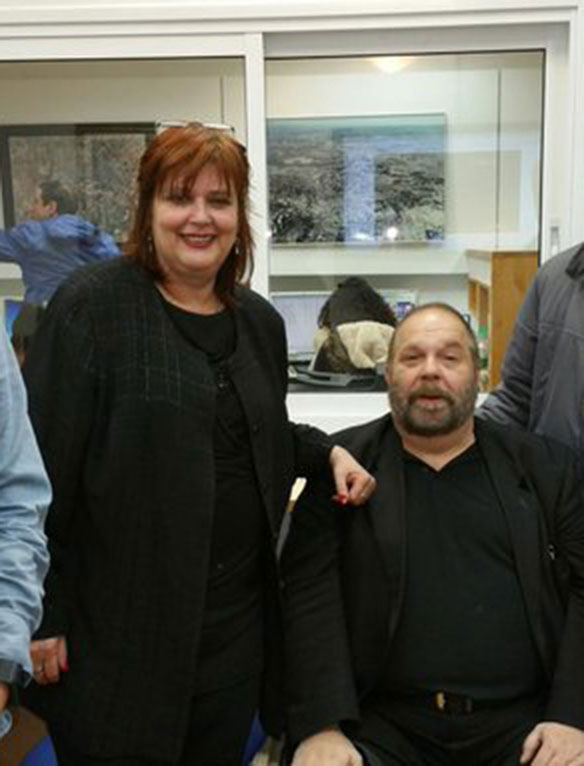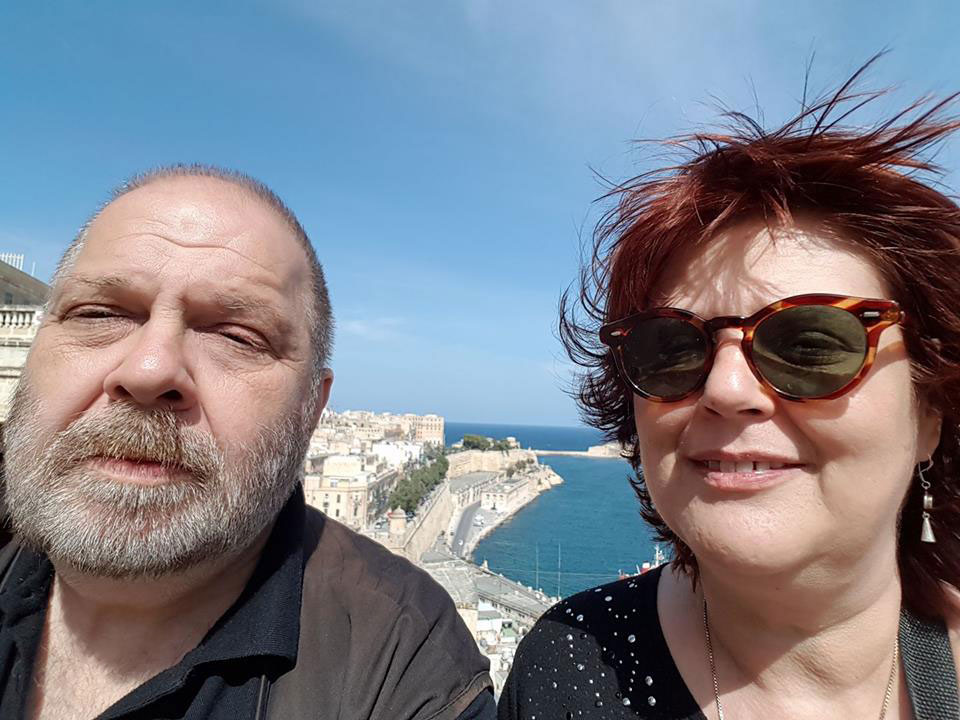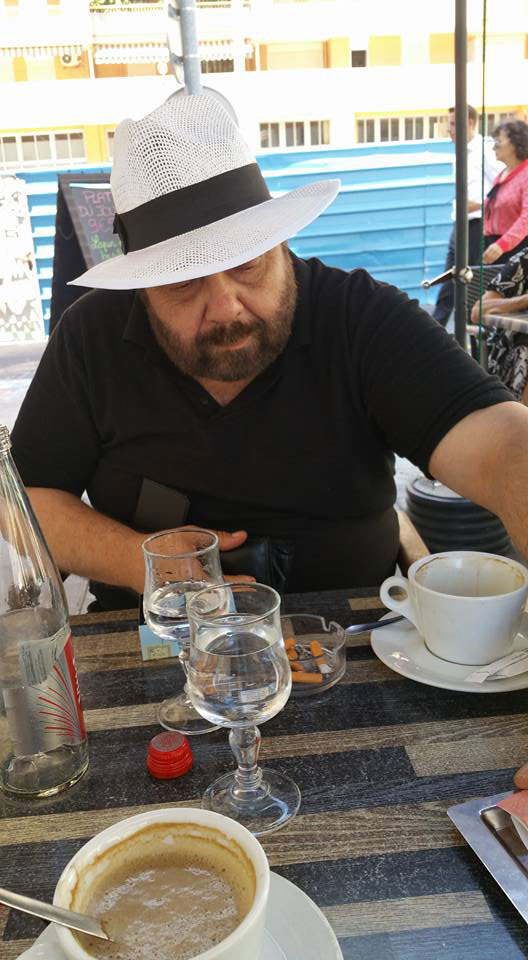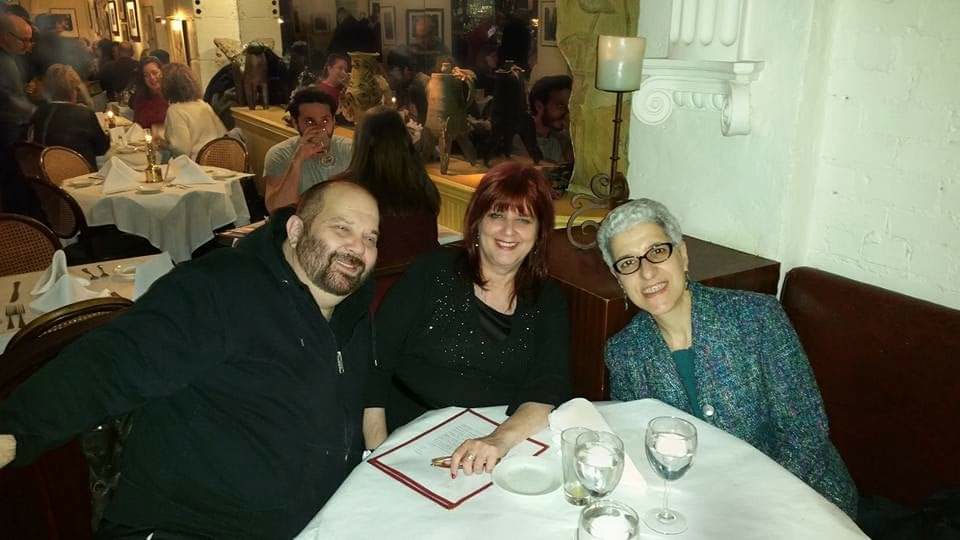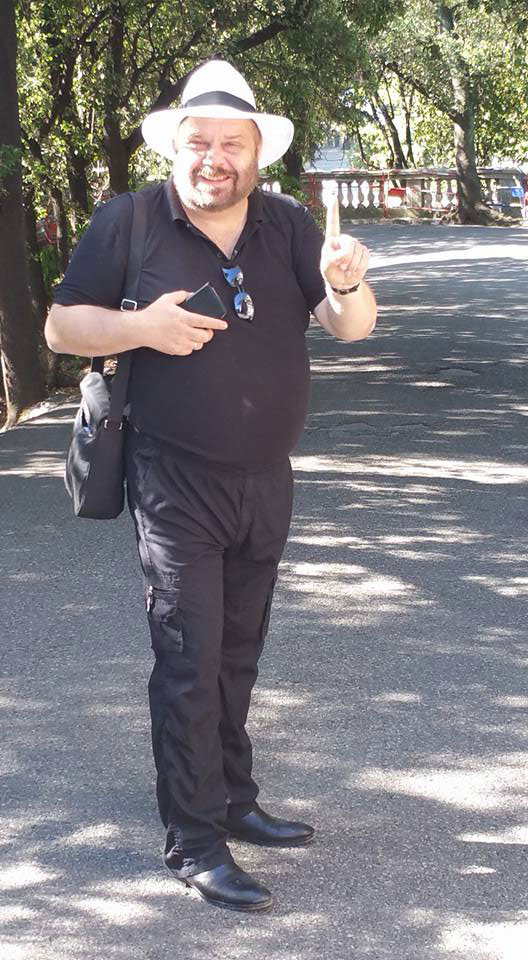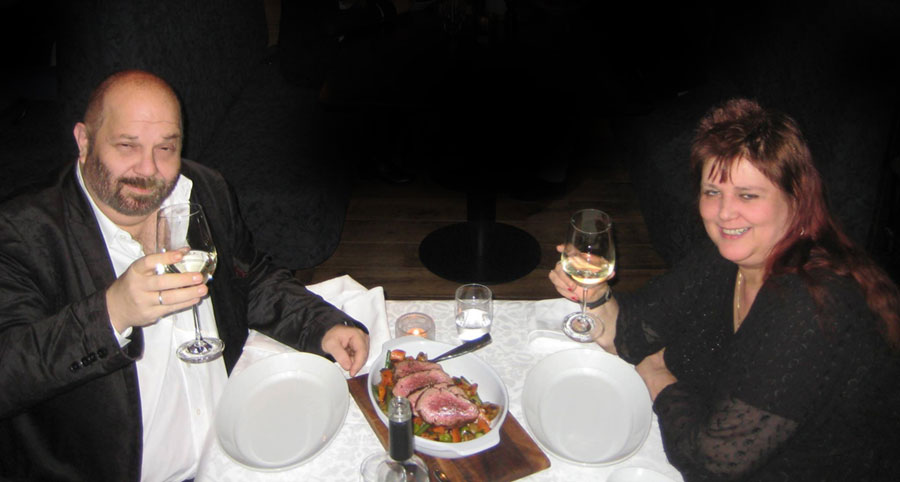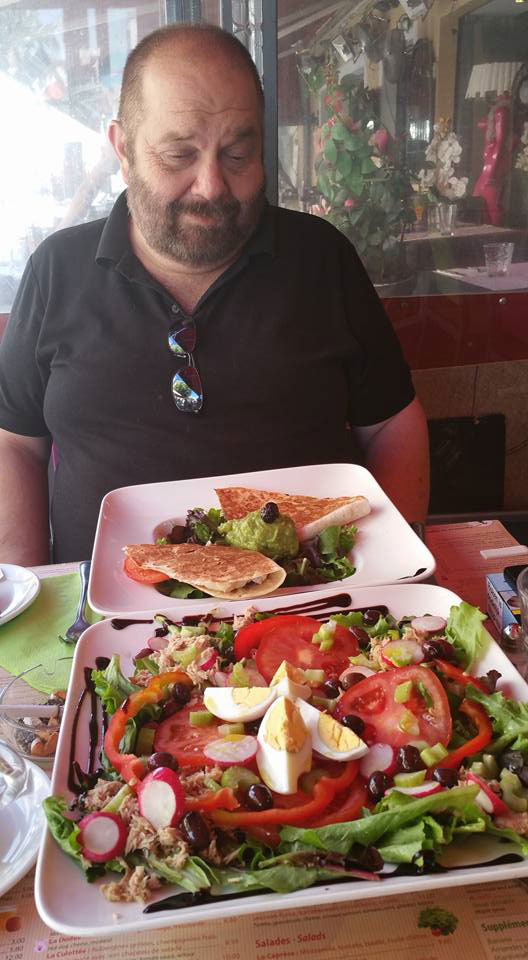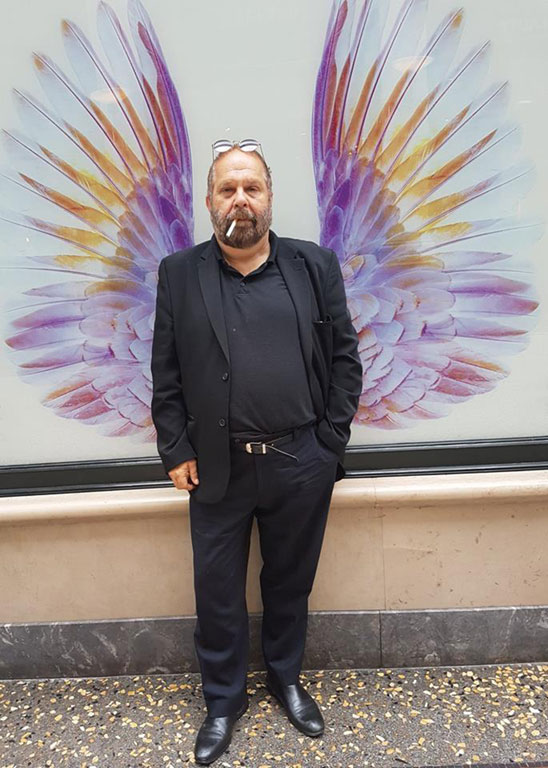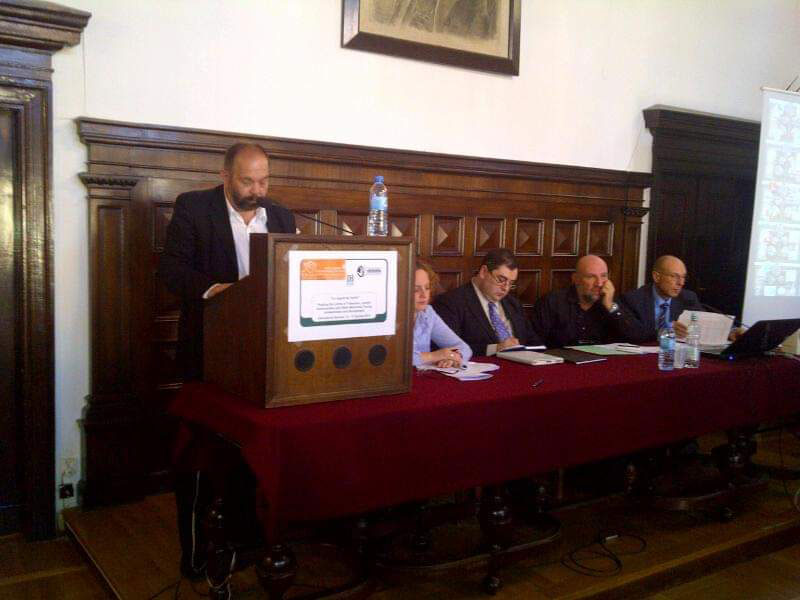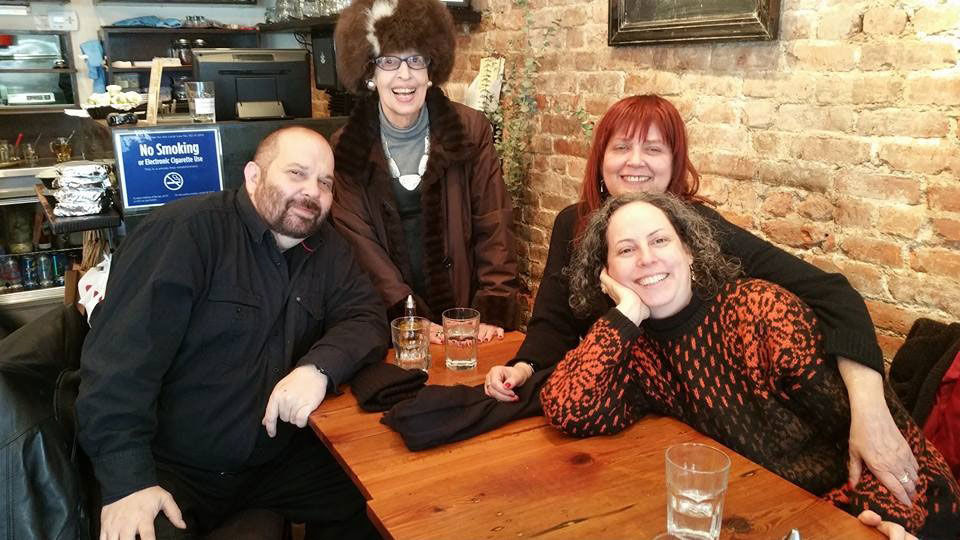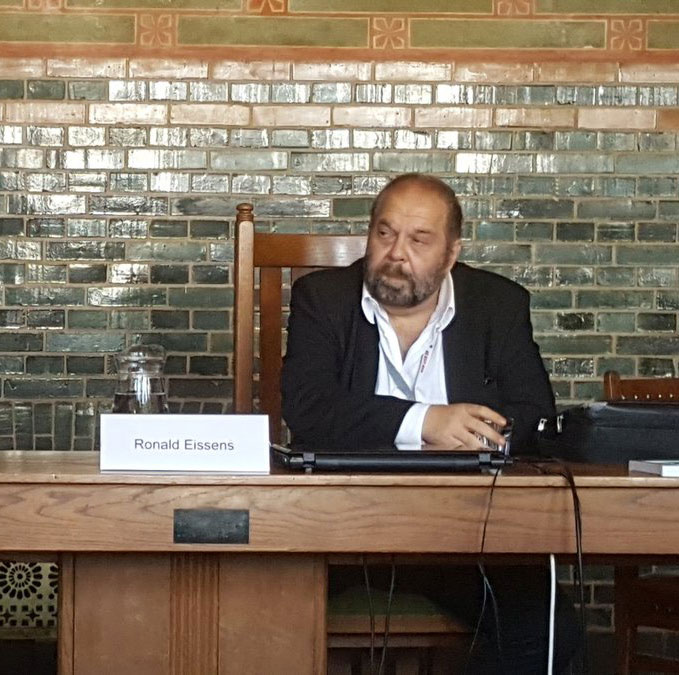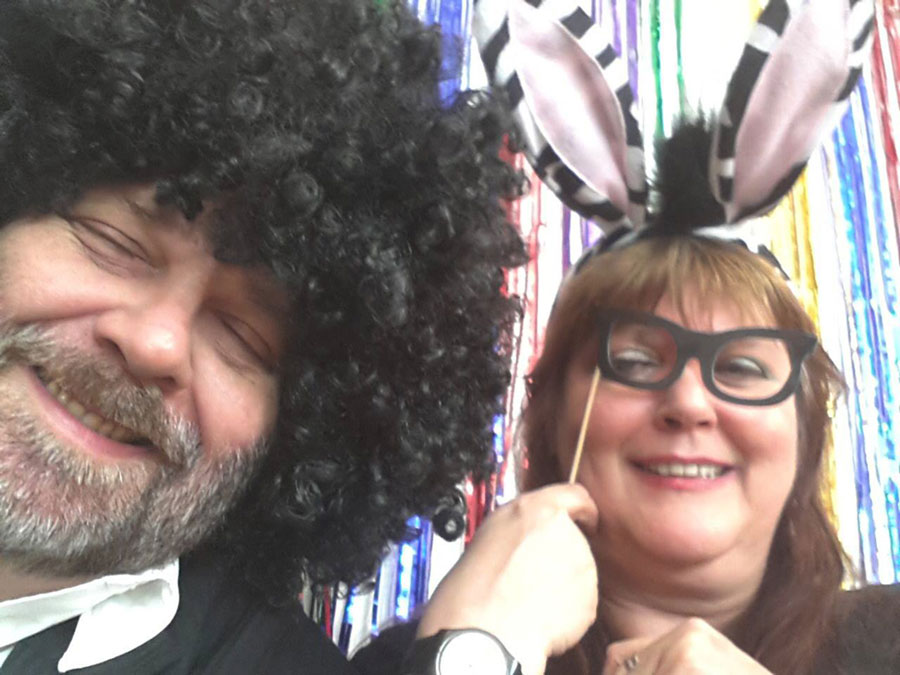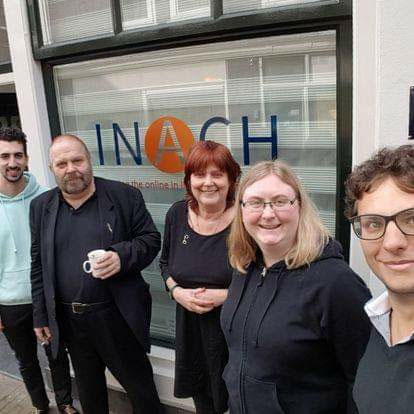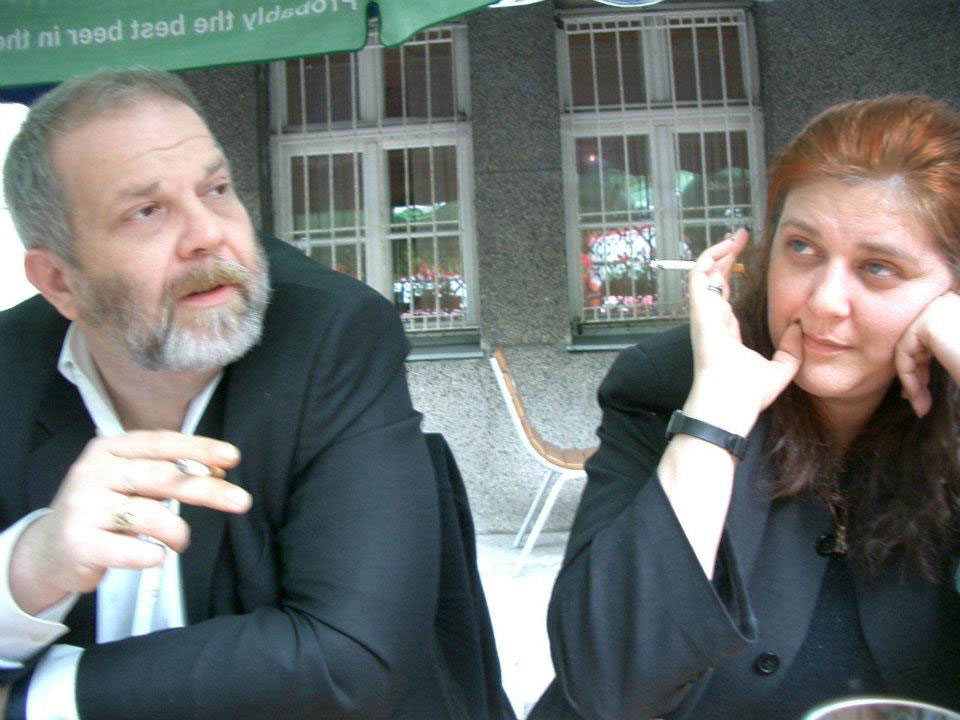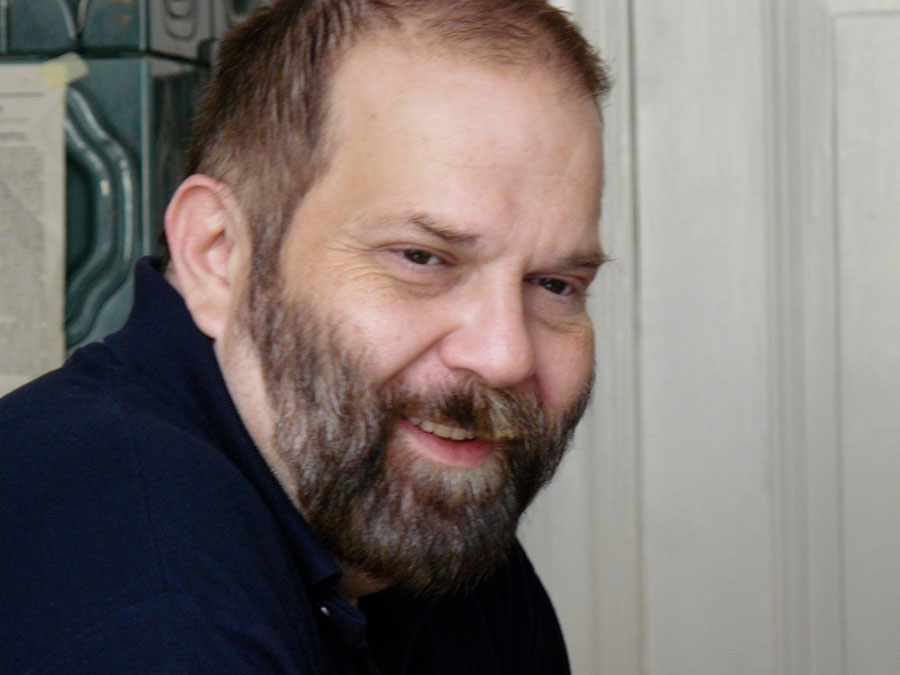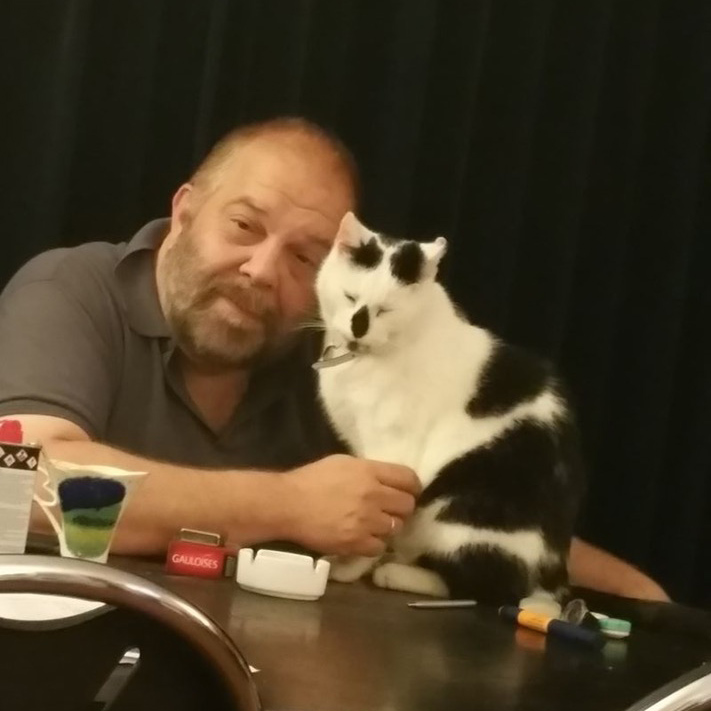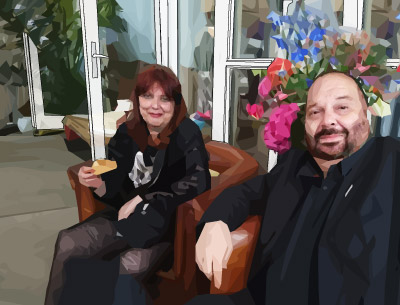Short biography Ronald Eissens
- 1963
- Ronald is born in Amsterdam, on january 26.
- childhood
- Ronald was a very private person. Although we remember some of his (bitter)sweet childhood stories, along with a picture of Ronald as a cute toddler, we are sure Ronald would not want them to be web-published. The only important thing to mention, is the fact that Ronald's mother had a connection to events during WWII, as this fact has colored Ronald's life.
- 1981
- In the early 1980ies, Ronald studied Art at the Rietveld Academy and Biochemistry at the University in Amsterdam. Besides that, Ronald worked as a janitor at the Student housing Zilverberg Appartments
 .
.
- 1986
- In the second half of the 1980ies, Ronald became involved in local politics, and worked as secretary and interim manager for the local party Groen Amsterdam (Green Amsterdam). Ronald lived in the Eastern part of Amsterdam, in the Balistraat.
- 1991
- Ronald left local party Groen Amsterdam, and met Suzette at the end of the year.
- The Amsterdam magazine ‘DOEN’ about employment, interviewed Ronald about his work for De Groenen in March 1992, text is in Dutch:
- 1992
- Together with Suzette, Ronald founded the Magenta foundation. They organized the "Never Again Demonstration" in response to violent attacks on asylum seekers in Germany.
- 1994
- Ronald and Suzette joined the Digital City (DDS), a Dutch Freenet that started on January 15, 1994 in the municipality of Amsterdam.
- 1996
- Ronald started working for VuurWerk Internet, a web hosting provider, that registered domain names for its customers and ensured that its customers' websites were accessible via the Internet.
- 1996
-
Ronald created several project websites like Eye to Eye [image], AntiRacismewebNL [image] and a personal homepage on the domain Ariel.nl.
Ariel.nl [image] was a sweet website about Amsterdam, art, cats, coffee, the lost Crystal Palace , friends, kabbalah, Leonard Cohen, music — and played The year of the cat by Al Stewart in its background.
, friends, kabbalah, Leonard Cohen, music — and played The year of the cat by Al Stewart in its background.
- 1997
-
Ronald and Suzette started the first Internet Discrimination Hotline worldwide. The then Minister of Internal Affairs, Hans Dijkstal, opened the Hotline (Meldpunt Discriminatie Internet / MDI) on March 21, 1997 [report] in the De Balie debate center in Amsterdam. The Hotline was funded by the Ministry of Justice.
The MDI investigated reports of (alleged) expressions of discrimination, racism, Islamophobia, anti-Semitism, homophobia and tried to find out who was responsible. If such an internet statement was punishable under the Dutch Criminal Code, the MDI informed the provider, and if the statement was not removed, the reporter or the MDI reported it to the Public Prosecution Service. However, this is no different from what applies to any other Dutch citizen, which means that the actual power of the MDI was also limited. The MDI, on the other hand, possessed legal knowledge and experience, and thus offered citizens and organizations assistance in removing criminal material.
- 1999
-
In 1999, Procter & Gamble filed summary proceedings against the Magenta foundation to claim Ronald's domain name ariel.nl, on which Ronald's personal but anonimised homepage had been hosted since 1996. While Ronald clearly referred to mystic Ariel
 , Procter & Gamble markets a washing powder under the name Ariel. The court ruled that Ronald was not required to relinquish the domain name. When Procter & Gamble's lawyers considered initiating proceedings on the merits, Ronald decided to give up the domain name after all, to ensure that the jurisprudence in this matter of principle remained intact. In 2004 Procter & Gamble Nederland BV got ownership of the domain name.
, Procter & Gamble markets a washing powder under the name Ariel. The court ruled that Ronald was not required to relinquish the domain name. When Procter & Gamble's lawyers considered initiating proceedings on the merits, Ronald decided to give up the domain name after all, to ensure that the jurisprudence in this matter of principle remained intact. In 2004 Procter & Gamble Nederland BV got ownership of the domain name.
- 2002
- Opponents of the MDI, from both the extreme left and the extreme right, regularly quarreled with each other — and the MDI. Right-wing columnists saw a Great Left Conspiracy, in which the MDI would play a key role, while left-wing media perceived the opposite. In 2004, the Dutch Press Council has declared such allegations to be unfounded and defamatory.

